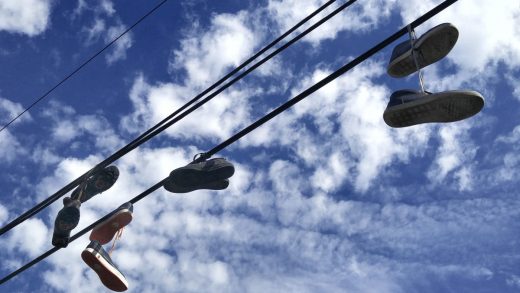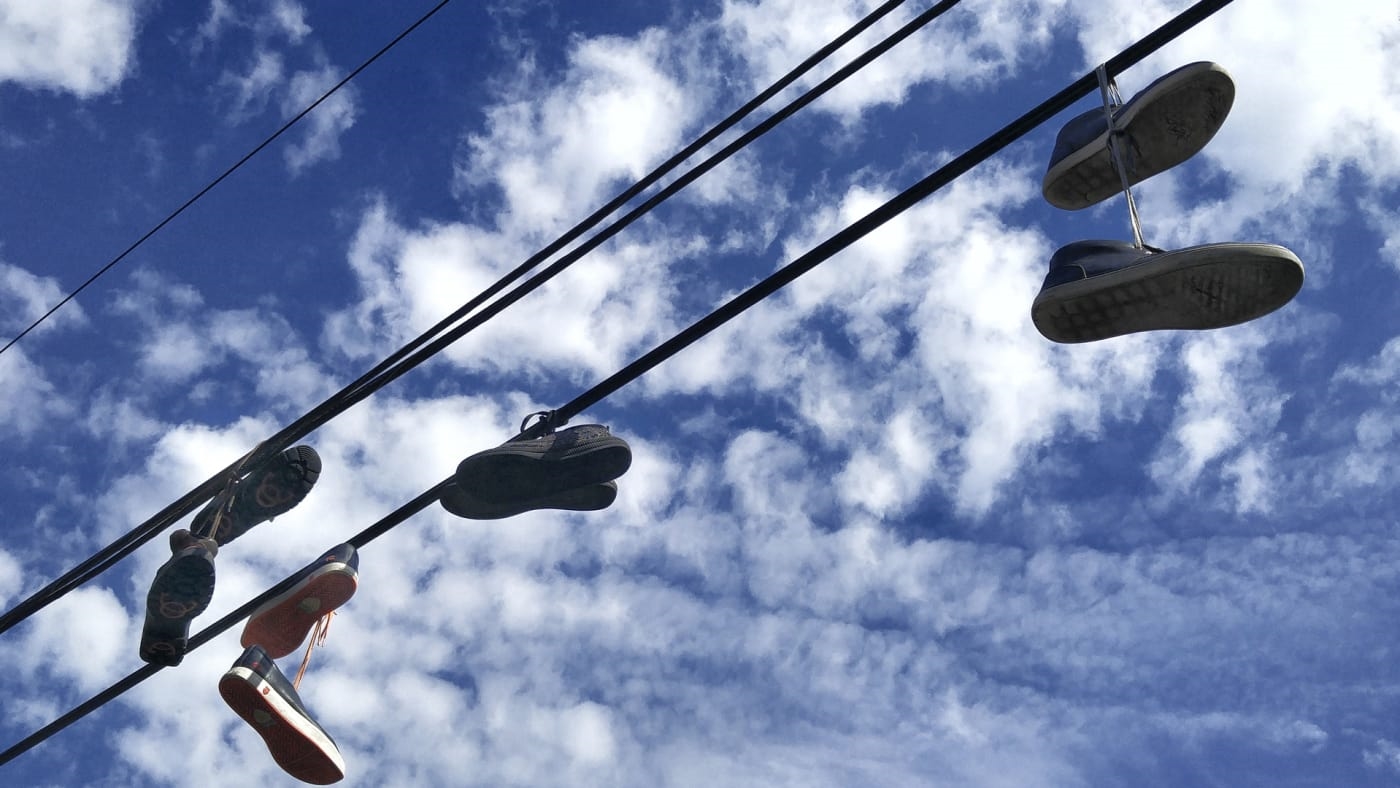“Failing fast” didn’t make me a better entrepreneur
Three years ago, my Vancouver-based e-commerce site, Shoes.com, was exploding with growth. In the 14 months between 2014 and 2015, we grew from 20 employees to 700 and from $3 million in annualized revenue to $300 million. Then, just as fast, it all went sideways.
That should have been a good thing, or at least a soberingly educational one. It wasn’t, really.
What fast failure doesn’t teach you
“Fail fast” has long been a mantra of the entrepreneurial world, popularized by the “lean” startup methodology, which is itself a partial outgrowth of agile software development. The idea is that it’s better to bring ideas or a product to market, only to see it all quickly crash and burn, than to spend years refining a concept that never would’ve worked in the first place. This, theoretically, lets you learn quickly and iterate on your idea without consuming too many resources.
Even before the final shoe dropped on Shoes.com, I had never fully bought into this concept. Velocity itself can definitely be important, especially when seizing time-sensitive opportunities. In our case, trying to compete against industry heavyweights like Zappos/Amazon, thinking big and acting fast, was the only option–and absolutely the right call.
It’s the failure part that I still get hung up on, all the more so in retrospect. For starters, no self-respecting entrepreneur sets out to fail or to squander time and money on moonshots. Plus–and more critically–the supposed learning and iteration that comes from failure is anything but a sure thing. As the wheels begin to come off and the anxiety ratchets up, not all leaders or team members will prove themselves capable of parsing what’s going wrong or why. And due to the sheer stressfulness of the experience, they might still struggle to do that in a postmortem many months later, when it’s too late to apply those after-the-fact insights anyhow.
This was driven home to me since my own “fast failure” came on the heels of a “slow success.” I started selling contact lenses online from a basement in 2000, and ultimately sold Coastal Contacts to French giant Essilor for $450 million in 2014. When I got involved with Shoes.com shortly thereafter, it looked like the sky was the limit.
Until it didn’t. Although I left the day-to-day part of the business six months before filing for bankruptcy, the end was still crushing and painful to watch. In light of all that, here are a few hard-earned lessons I’ve taken home with me, no thanks to failing fast.
Accountability is the first casualty
It’s said that success has many parents and that failure is an orphan. And indeed, owning up to mistakes is really hard to do, even when you know that’s the prerequisite for learning anything useful from your errors. This goes double amid the controlled chaos of hypergrowth, when there’s no shortage of chances to shift blame and dodge responsibility.
In fall 2016, tensions at Shoes.com were high. We needed to raise money and cut costs. But at the top of the org chart, people spent more time blaming each other than coming together as a team. The reality is that, when confronted with failure, even experienced and capable leaders struggle to ask the hard questions–including of themselves.
You are who you hire (and acquire)
Coastal Contacts, on the other hand, saw incremental growth of about 30% per year over 14 years. We had time to train people up and build a homegrown culture. You don’t have that luxury when you’re racing against the clock to seize an opportunity, with gigantic competitors gobbling up more market share by the day. You need to decisively hire (and, if necessary, fire) experienced veterans who’ve worked in similar breakneck environments before and succeeded. The six months you’d normally want to get someone up to speed just aren’t available. If company leadership doesn’t appreciate this time sensitivity–and elements of ours didn’t–entire departments end up getting built around the wrong people, and too slowly at that.
At the same time, quick expansion often requires an aggressive acquisition strategy, which can make culture building that much harder. The company began as a relatively small, young, inexperienced Canadian team, ShoeMe.ca, before we expanded buying U.S.-based OnlineShoes.com and Shoes.com. Financials were in order, but it soon became clear that the culture factor was missing. Don’t get me wrong–acquisitions can be a great way to scale up. But acquiring companies with mismatched cultures, however strategic the decision looks from the outside, can swiftly lead to friction and eventual failure.
Not all startup stakeholders are built for speed
Investors and lenders used to operating on longer timetables can easily sabotage a company in hypergrowth, as can many other types of stakeholder. In our case, key decisions consistently got deferred by a slow-moving, non-technical board that the company largely inherited by financings, and one whose members weren’t experienced in high-growth industries. You ultimately need consensus or concrete action to emerge from board meetings; lock the door and don’t leave until you’ve got it. Any decision beats not making one at all.
If you must fail fast, take the time to learn slow
This might be the most important lesson I’ve learned. It’s not about face planting, dusting yourself off, and quickly moving onto the next big thing. It’s about owning up to and learning from failure–no matter how quickly it arrived–deliberately and methodically, just as you would from success. I take solace in knowing that our company was subsequently sold to better-capitalized giant Walmart, and is now thriving. And I’m proud that my balance sheet to investors over my career is overwhelmingly positive.
As I’ve gone on to invest in and advise subsequent startups, this perspective comes in handy. You know the signs when things are going right. You also know the signs when they’re about to go very wrong. Sadly, those who treat failure as a perpetual orphan—their fault, not mine—never really learn to see the difference.
Roger Hardy is CEO and chairman at Hardy Capital and cofounder of Coastal Contacts. Follow him on Twitter at @RogerVHardy.
(4)



